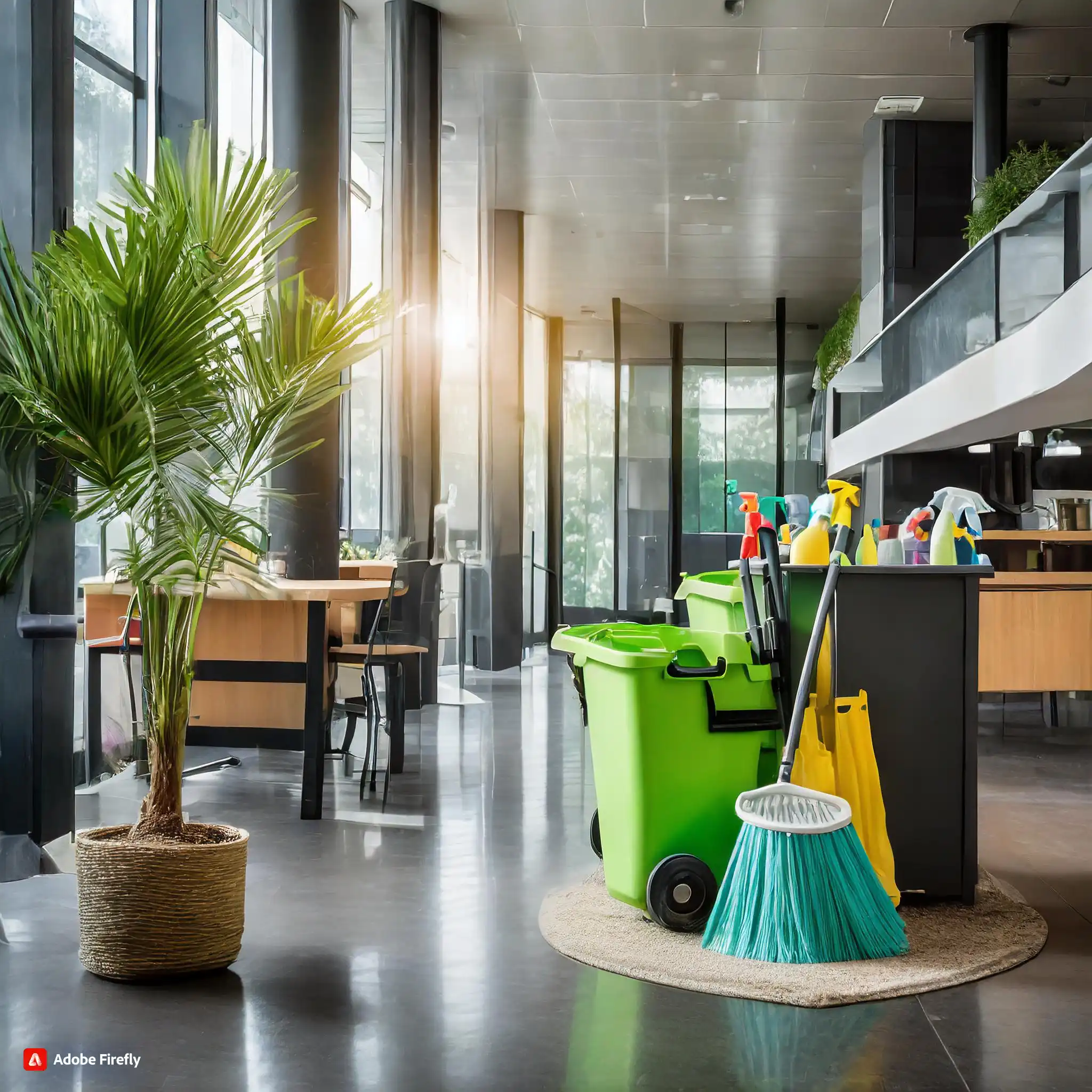General Cleaning, Hard Floor Care, Specialty Cleaning
What is a Neutral Cleaner?
Understanding Neutral Cleaners in Floor Care
Definition of Neutral Cleaner
A neutral cleaner refers to a type of cleaning chemical formulated with a pH (potential percentage of hydrogen) that generally falls within the neutral range, specifically between 7-9.
Characteristics of Neutral Cleaners
pH Range
The defining characteristic of neutral cleaners is their pH level, which is maintained within the range of 7-9. This pH range indicates a balance between acidity and alkalinity, placing the cleaner in the neutral category.
Logarithmic pH Ratings
pH ratings are logarithmic, meaning that each unit difference represents a factor of 10. For instance, a cleaner with a pH of 7 is 10 times more alkaline than a cleaner with a pH of 6 and 100 times more alkaline than a cleaner with a pH of
Importance of pH in Floor Cleaning
Floor Finish Compatibility
The neutral pH range of these cleaners is crucial for preserving the integrity of floor finishes. Cleaners with extreme pH levels, either highly acidic or highly alkaline, can adversely affect floor finishes, leading to a shortened lifespan.
Avoiding Finish Damage
Neutral cleaners help prevent damage to floor finishes by avoiding the corrosive impact that can occur when using cleaners with pH levels outside the neutral range. This preservation is essential for maintaining the aesthetic and protective qualities of the floor finish.
Impact on Floor Finish Lifespan
Extended Lifespan
By using neutral cleaners, the lifespan of floor finishes can be extended. The formulation ensures that the cleaning process does not compromise the composition of the floor finish, allowing it to provide long-lasting protection and appearance.
pH Ratings and Chemical Types
Solvent-Based Cleaners
Solvent-based cleaning chemicals typically do not have a pH rating. These cleaners rely on solvents rather than water and are designed for specific cleaning purposes where water-based cleaners may not be suitable.
Preserving Floor Finish Integrity
Preventing Chemical Reactions
Neutral cleaners prevent adverse chemical reactions between the cleaner and the floor finish. This is particularly important for maintaining the gloss, adhesion, and overall performance of the finish.
Practical Considerations
Routine Cleaning
Neutral cleaners are suitable for routine cleaning tasks on various types of floors, including those with floor finishes. Their balanced pH ensures effective cleaning without compromising the condition of the floor.
Versatility
The versatility of neutral cleaners makes them compatible with different flooring materials, and they are widely used in commercial and residential settings.
Role in Preserving Floor Appearance
Retaining Gloss and Shine
The use of neutral cleaners contributes to retaining the gloss and shine of the floor. This is particularly relevant in environments where the visual appeal of the floor surface is essential.
Formulation and Industry Standards
Formulation Expertise
Formulating effective neutral cleaners requires expertise to achieve the right balance. Manufacturers in the floor care industry prioritize creating products that meet industry standards and user expectations.
Compliance with pH Standards
Neutral cleaners must comply with pH standards to ensure their effectiveness and safety for use on floors with finishes.
Conclusion
Neutral cleaners play a pivotal role in floor care by maintaining a balanced pH that falls within the neutral range. Their use is essential for preserving the integrity and lifespan of floor finishes, preventing damage that can occur with cleaners outside the neutral pH range. By incorporating neutral cleaners into routine maintenance, floor care professionals and users can ensure the longevity, appearance, and protection of various floor surfaces. The logarithmic nature of pH ratings emphasizes the significance of maintaining a neutral balance in cleaning formulations.
Frequently Asked Questions
Have a different question and can’t find the answer you’re looking for? Reach out to our support team by sending us an email and we’ll get back to you as soon as we can.
- Why are Coalescing Agents Important in Floor Finish?
- Coalescing Agents play a crucial role in floor finish formulations influencing the film formation process and ultimately contributing to the quality of the finished floor surface Here's a more...
- What is (High Speed) Burnishing?
- Additional Details on High Speed Burnishing Definition of Burnishing Purpose and Outcome Specify that burnishing is a mechanical process aimed at enhancing the appearance of floor surfaces It involves...
- What is Floor Re-Coating?
- Additional Details on Floor Re Coating Purpose of Floor Recoating Renewal and Protection Elaborate on the primary purpose of floor recoating which is to renew the appearance of the...
- What is Re-Emulsification?
- Re Emulsification is a phenomenon that occurs in the context of floor finishing when a newly applied coat of floor finish interacts with and softens a partially dried or...
